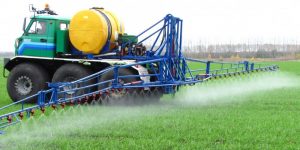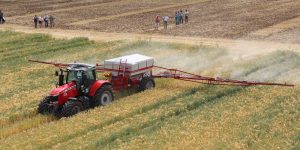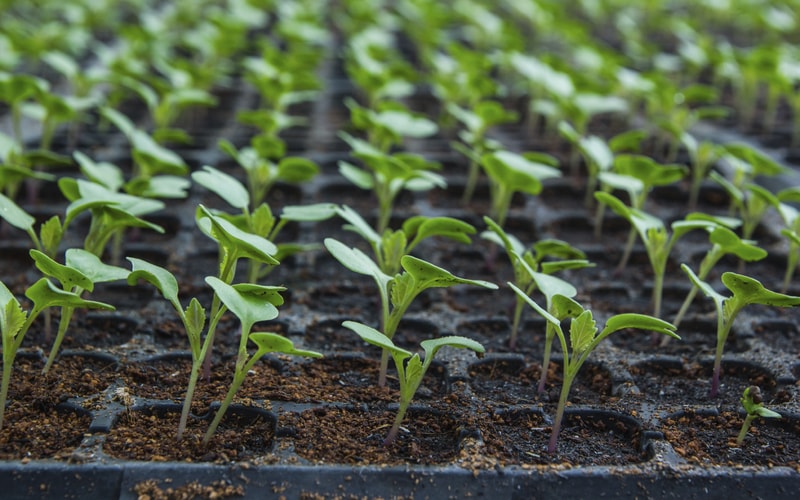Stimulation of plant growth, protection and adaptation to soil – primary tasks for fertilizers. In the context of nature and the human body safety, organic fertilizers are in high demand, rather than chemical products. The composition of organic additives includes potassium, calcium, nitrogen, phosphorus and other microelements. Therefore, in comparison with chemical preparations, it is impossible to challenge the effectiveness of organic substances.
Organic Fertilizers: Species
Animal manure originally ranks first among fertilizers. Accessibility and efficiency are two criteria that help agrarians to give preference to manure. Animal organic fertilizers originally are affected by the species of livestock used for feed, litter and storage.
Concentrates in the pig’s forage are filled with nitrogen and the roughage of ruminant animals accumulates potassium in manure.
Focusing on the need of plants to be fertilized, the farmer constantly decides which kind of manure he will take to improve the soil. An incorrect calculation of the concentration of manure will destroy the plants. Therefore, to introduce organic fertilizers into the soil, it is necessary to treat with an understanding of the matter.
 Bird droppings are a valuable growth promoter for plants. Increased nitrogen content in nitrate form causes agrarians to apply organic fertilizers to the soil in the fall period. If you use the droppings in the spring, then it is likely that the seeds or seedlings will burn.
Bird droppings are a valuable growth promoter for plants. Increased nitrogen content in nitrate form causes agrarians to apply organic fertilizers to the soil in the fall period. If you use the droppings in the spring, then it is likely that the seeds or seedlings will burn.
Peat and silt are aimed at improving the soil cover of land with a high content of clay or sand. In black earth, in its pure form, it is useless to make muddy accumulations. The exception is the addition of peat to the compost for soil protection.
Composts, in comparison with other types of organic fertilizers, are less interesting for agrarians. The reason is a low nutrient content. However, on a suburban site, using autonomous sewage, composts are actively used by gardeners.
Ciderates by their value for the cultivation of plants are comparable to animal manure. Vegetative mass, left after high-growth cereal crops, is plowed into the soil in autumn, after harvesting. Decayed over the winter, the siderates improve the adaptation of plants to the soil.
Complex organic fertilizers
Why not to give the calculations for the soil improvements and creation of fertilizers to professionals. So, like Fortis-combi. Manufacturers of complex organic additives, through research, give farmers a ready solution. The buyer requests the plant with desired result and receives a working tool.
 Hundreds of studies conducted, user feedbacks, product certification – a guarantor for the buyer. In an effort to drive out competitors from the market, manufacturers are constantly improving their own product.
Hundreds of studies conducted, user feedbacks, product certification – a guarantor for the buyer. In an effort to drive out competitors from the market, manufacturers are constantly improving their own product.
In conclusion
In the context of functionality, the future is for complex organic fertilizers. Biological components are suitable for growing cereals on an industrial scale, gardening and vegetable cultivation. If you have indoor plants – please grow and look at the result. It is easy in operation, safe for humans, living organisms and soil. There are no restrictions.


